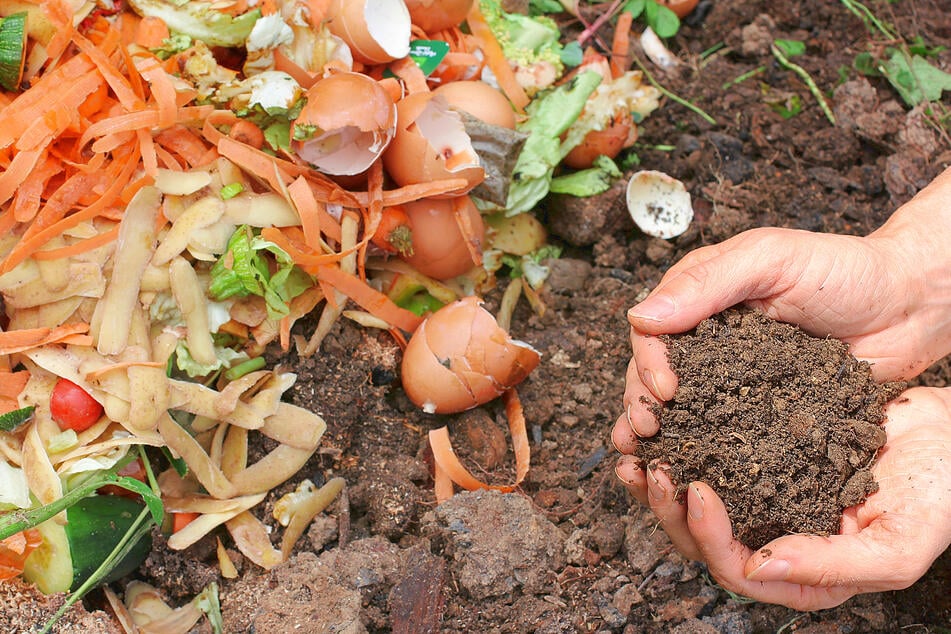Earth Day: Composting - How it works and how to try it the easy way
New York, New York - Composting your food scraps is a simple piece of climate action you can take in honor of Earth Day.

Composting has been around for a while, but it's now the law in major US cities - most recently, New York!
But what is composting anyway?
The practice takes leftovers, food waste, and even plant bits, like leaves, and chucks it all into a pile. The final result is what green-thumbed hobby gardeners and farmers call "black gold."
It's a great way to do good by the environment. By recycling food into compost, you can take a personal stand against the climate crisis. And there are plenty of good reasons to get started turning your organic waste into plant food.
Compost improves soil health, can reduce greenhouse gas emissions, and even improve water quality and fight the effects of droughts, according to the Environmental Protection Agency.
What makes compost?
The ideal compost is a rich dark soil-like mix that can fight grass seeds, give plants tasty nutrients, and even help crops fight diseases.
All it takes is your leftover food goodies, like onion skins, potato peelings, or eggshells, and a nice spot to chill out.
Then, you can toss in some wood chips or other plant matter, like leaves, and let the whole pile do its thing.
It's actually a collection of bacteria, types of fungus, and little worms that do the heavy lifting. They break down the organic matter, and a compost heap just gives them a perfect place to do it at top speed.
Uplifting compost

Besides helping fight climate change, composting can also be a powerful way to grow and lift up your community.
Domingo Morales, who grew up in the Bronx, told The New York Times about his passion for composting and how he turned it into a massive project that helps people and the planet.
He founded Compost Power to get people hooked on composting, sustainability, and even provide job training, all while doing what he can to show people how easy it is to get started.
Morales told the NYT, "For many years, compost has been that evil, stinky upper class thing that white people do. But it’s really a great introduction to sustainability as a whole."
Climate action is as easy as taking your kitchen scraps and putting them on a compost heap or in a small box in your freezer, then adding them to your city's organic waste bins (if your city provides them).
Happy composting!
Cover photo: 123RF/terra2024
